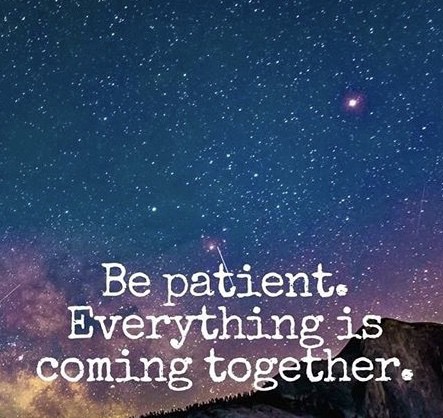Sometimes we want fast results.
This week I woke up to a chilled bedroom. The “Thermoblaster” gas heater in my room (I find the name hilarious) was not working. The pilot light would spark but not catch; therefore, no heat. I called the landlord and had someone come help me turn it on.
I’ve been like the dim little pilot light that would not ignite and maybe you have too, so you’re familiar with the feeling of being small, dim, feeble, and not so radiant.
There are times when we need to keep fighting for our light to shine beyond a small spark – other times we just naturally and easily ignite into action.
Do you remember the Aesop Fable tale of the Tortoise and the Hare? The Tortoise was slow and steady, and eventually won the race against the odds. The Tortoise’s endurance built strength, which built character, and he persisted during the race. Neither life, grief, nor is recovery a race. But this metaphor works and always served as one of my favorite reminders. We might get carried away with what kind of progress we should be making, and this can lead to discouragement. That is why I want to remind you to reflect on slow and steady steps you have already taken towards growth and healing in whatever your objective is currently.
You want to feel good, better, happy, content, comforted, energized, motivated, or ___ (fill in the blank). Like me, sometimes you may beat yourself up thinking that you should be ___ (fill in the blank again) by now. Perhaps you thought you would/should do better, because of all your resources and efforts! Or perhaps you get caught up in the comparison loop with others, and find yourself falling short. Anytime we want forward movement, self-doubt or self-criticism will be lurking to some extent.
This is normal.
It’s part of human nature to have self-doubts or fears. In Tapping Into Ultimate Success, Jack Canfield and Pamela Bruner write, “Fifty thousand years ago, survival depended on avoiding danger, and remembering signals of life-threatening situations…Fear was an emotion that would increase your life expectancy, so humans evolved with fear.” Fears were designed to protect us from the saber-tooth tigers back then, but now that our immediate threats are more likely to be limiting thoughts and beliefs than a wild animal who wants to consume us, we need to recognize the impact that self-doubt has on us and use tools to keep that in check. The Emotional Freedom Technique (EFT) developed by Gary Craig, is a very powerful tool for removing or acting in spite of such fears, by the way!
Rather than becoming caught up in the “lack of” mindset, we can compare ourselves to an earlier version of ourselves. What was I experiencing, and how I was coping then – what progress have I made to grieve this loss, to overcome this hurdle, to reach this goal, etc.
Fake it ‘til you make it.
Someone I really admire, who is on a similar path to me, and is a little bit farther along down the road, gave me advice: “Make it up. Lie.” Ha! You may ask – Why do I respect this tid-bit? Context. She was giving me a boost and telling me that even if I feel full of self-doubt or questions, talk myself up. Our words create our reality in that if I go around saying, “I am way behind schedule,” I might be living into that self-fulling prophesy. Perhaps calling this lying is unhelpful besides the humor I find in it… I could just call it “faking it ‘til I make it.” What if I say to myself and others, “I’m just where I need to be right now.” It’s not telling a lie at all but when self-doubt is tugging at you, it might feel that way. It feels better to shift perspective and believe in the work already accomplished. This trick can prevent you from spiraling in the negative feedback loop of noticing what is lacking instead of what is gained. It brings us into the present moment, too.
A local herbalist friend told me that ginseng, the one of the most valuable indigenous local plants, takes years to seed. Even nature sends us reminders that what is of value takes patience and care to grow. So it is with your journey. These things take time, but rather than beating yourself up and feeling impatient, notice the progress. We have to notice our progress and give ourselves credit for how far we have come. What unhelpful thing were you doing then that you are not doing now? How do you better soothe yourself now that you’ve learned what works for you, and what doesn’t?
The wisdom you’ve gained in this process can be easily missed and you need reminders to notice it. As forward-moving Beings, always on to the next goal or endeavor, we can forget to reflect in a positive way on all the ground we’ve covered. Be like the Tortoise if that helps. It’s easy to look back and see missteps. Look at the leaps you made, the quarries you cleared, the milestones and landmarks you surpassed.
Where were you right after X happened, and what can you acknowledge and praise yourself for now? You’ve grown, learned, changed, adapted, and acquired so many skills since then.
Give yourself credit.

